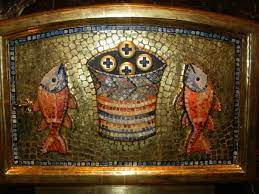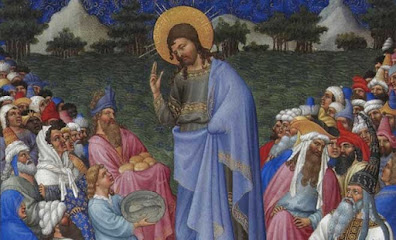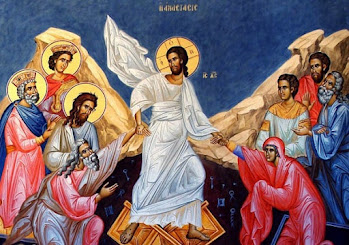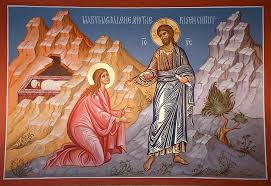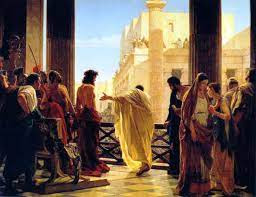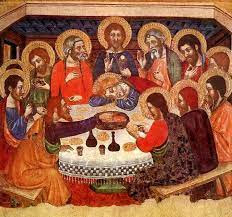In today’s Gospel reading, Jesus says that “he walks ahead of them, and the sheep follow him, because they recognize his voice.” There are many voices calling out to us every day. Do we recognize the clear voice of Jesus amid the cacophony of noise in the world?
To hear Jesus’ voice, we must be tuned into the right frequency and channel number. Like radio communications, the Lord speaks to us through a certain ‘band’ or ‘spectrum.’ When we are given the gift of the Holy Spirit, our reception antennas, our ‘receivers’ to hear things in this spiritual radio spectrum, are repaired and tuned in. But sometimes we choose to turn to a different channel. We tune Jesus out. Sometimes we don’t want to listen to His station because we want to hear the live feed from the City of Man. So, we change the channel. And what usually comes to us in this cacophony of voices is like a siren song of sin. It pulls us in and we become complacent, not deigning to move the dial.
The thing with being rational creatures informed by sense experience is we cannot turn off incoming messages. Sure, we can place ourselves in a natural setting or ‘off the grid’, but this is very difficult to sustain for most people and comes with several of its own difficulties. Reading the Desert Fathers makes evident that ‘noise’ can come to us in every setting. Changing our surroundings can help, of course. Reducing our consumption of what is commonly now just called ‘content’ is a great blessing. But the spiritual noise and competition for our attention and focus will always be present.
For most of us, we can only adjust the frequency and channel number of where we receive our broadcast. Sometimes, the Lord will break through the other stream we have tuned into and call us to change the channel. Turn back to the heavenly station so that we can hear His voice, for that is where we are nourished by the words and song of eternal life and where we are truly happy. Sometimes we will recall the happiness we had when hearing from the Lord and turn the dial back. The grace of God reaches through and prompts us to recalibrate. This shift back means we listen to His voice in prayer, Mass, reading Sacred Scripture, the Sacraments, singing spiritual songs, speaking of spiritual things, reading of heavenly things, joyful fellowship, acts of service, penance, almsgiving, viewing art that lifts the souls to God, listening to music that elevates the spirit to the Creator, and so forth.
Let us ask the Lord to help us stay tuned into His channel. May we continually hear the voice of Jesus the Good Shepherd calling out to us and leading us. May we follow the voice of truth and not become distracted or dismayed from our heavenly goal by the myriad noises vying for our attention.

